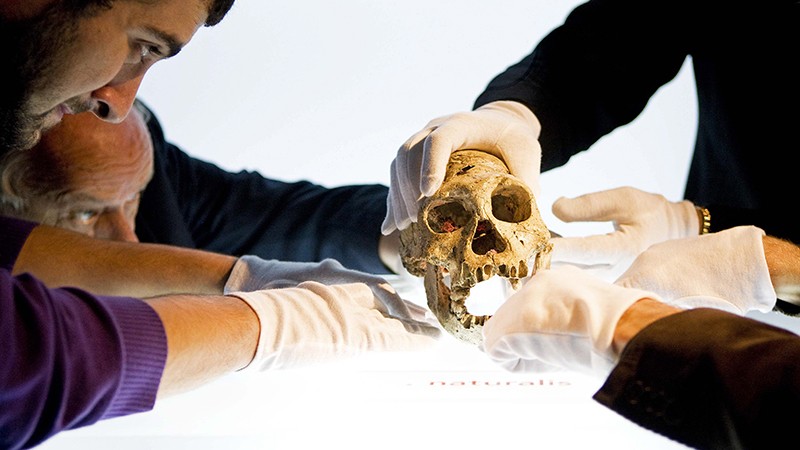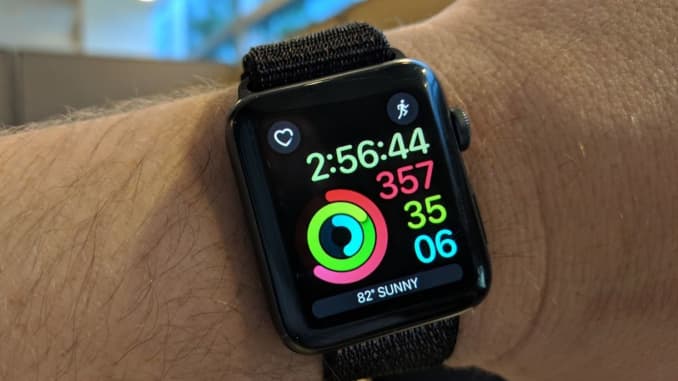(Fifteen-minute read)
We may die out as a species for one reason or another, but evolution is inevitable so there will be a change in the future. We are not done evolving yet, so it begs the question of what could Homo sapiens really become – and what is forever beyond our reach?
We were fish once, and now we eat fish for dinner!
Humankind has come a long way from a single cell floating in the ocean waters, we have managed to become the multi-cellular wonders of nature that we are today.
However, evolution doesn’t have a direction, it’s confined are of this ecosystem called Earth which decides in the long run which direction if any it goes in.

Future humans might be very different from people today but not in the way science fiction movies would lead you to think.
Combining knowledge of our past with current trends, we are entering a new phase in human evolutionary history—one that makes the future less predictable and more interesting than ever before.
SO THE FIRST THING TO APPRECIATE IS THAT:
Evolution and natural selection are not the same things.
Evolution refers to the relationship between a species (a breeding population) and its ever-changing environment. Evolution does not concern what individuals may think it is the gradual genetic change of a species over time.
Natural selection is the phenomenon that rewards certain advantageous traits and punishes others through better or worse survival or reproduction. Medical science and public health measures have enabled the developed world to escape most natural selection.
Right now most of us are the sacrificial generation.
In nature, natural selection is the most powerful evolutionary force, but other factors may take over when technology grants a second chance to those who would have died.
Consequently, even with a complete lack of natural selection, it doesn’t mean that humans will not evolve. It is a selective force that clearly has shaped human evolution in recent centuries and may still be doing so today with the Coronavirus.
With the Viruses, natural selection may not be “over for humans.”
This set aside we are more than likely going to have to adapt to climate change’s, to technologies like Biotechnology involving living systems and organisms to develop or make products.
Technology is already affecting the way our memory works and humans may eventually reach a point where they can force evolution upon themselves through the use of technology.
We now have genetic samples of complete genomes from humans around the world, and with geneticists are getting a better understanding of genetic variation and how it’s structured in a human population environmental factors are no longer the driving force for evolutionary change.
We’ve all heard of designer babies, perhaps in the future, it may be seen as unethical not to change certain genes.
The human race will one day split into two separate species one more advanced than the other.
Races, as normally understood, would still be a thing, but with two separate species that will probably still call themselves human, even if they are technically different from those before them.
Of course, we don’t know this for sure but consider it’s not really a biological question anymore, it’s a technological question it is not beyond conceptuality that humans will not evolve into a single, ubiquitous ethnic group.
However, there is also a risk that current society collapses and some new society arises with ideas of eugenesy or breading races of superhumans and slaves.
One species with hi-tech machine implants, growable limbs and cameras for eyes even with different facial features and skin colour and external aids entirely responsible for survival.
A collective thought consciousness. Thought could be converted into instant gratification, and consequences to misusing it controlled by AI.
Computers will punish you!
The human brain, being a machine striving for maximum efficiency, typically remembers where information is stored, rather than the information itself but as technology becomes more and more advanced, our brains will adapt in order to maximize efficiency – perhaps to the detriment of our memory.
Nanomachines would be part of the human form.
People could download their being into a computer system and be a part of the AI collective.
We will no longer operate within the confines of survival of the fittest.
There is still going to be selection but artificial selection, so its no surprise that much technological advancement is currently aimed at the human body.
Up to now, sexual selection has defined evolutionary paths.
This will become less and less with gene editing with many of our internal functions becoming obsolete and what we might see is differentiation along lines where people live.
And what about space?
If humans do end up colonising Mars, what would we evolve to look like?
With the lower gravity, the muscles of our bodies could change the structure. Should we spend too long as galactic explorers, it’s likely that we’d eventually lose most of our muscle mass?
“What once use to be a magic flute will become a water carrier.”
So if we survive climate change humans will not evolve just for reproduction.
Whether it is genetically enhanced humans, bionic men, or uploaded beings, technology and its advancement with our decisions will shape the future of Earth and its inhabitants, including ourselves.
It will certainly be shaping human development. Bio to Artificial transmission with no inoculations.
Google Brain / Health or Microsoft Health vaults.
However, the future might be a lot slower than we think. It will take thousands of years for us to develop technologies that allow us to colonize the solar system.
If we do manage to move to other worlds, it’s likely that we’ll need to adapt to them using a combination of genetic engineering and technology.
All these changes may mean that Homo sapiens will speciate, or evolve into multiple new species. It will mean that our progeny have survived, even if they are nothing like us.
If we consumed most of the planet’s resources in doing so that is not evolution; that is the road to extinction.
All human comments appreciated. All like clicks chucked in the bin

